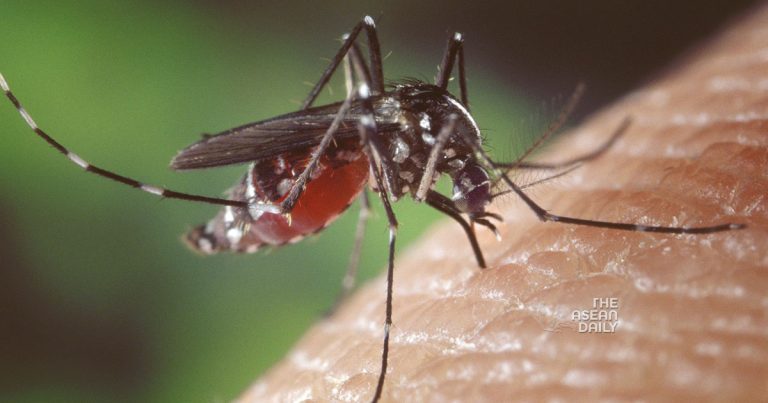3-7-2023 (BANGKOK) Renowned medical practitioner Dr. Monun Leechawengwong recently provided an update on the condition of a 39-year-old patient battling a severe case of dengue fever. The patient, known for his overall good health, began experiencing symptoms such as persistent high fever and a rash. With the onset of the rainy season, the public is being advised to take precautions against mosquito bites, as this period poses an elevated risk of dengue outbreaks.
Dr. Monun, who heads the Respiratory System Disease Department at Vichaiyut Hospital, took to the “Doctor Monun Leecheuangwong FC” Facebook page to share details about the dengue patient. He stated:
“On June 20, the patient, previously in good health, visited the doctor after experiencing a high fever for two days. He had a temperature of 39 degrees Celsius and did not exhibit symptoms such as a sore throat, cough, runny nose, digestive issues, or body rash. His urine appeared normal, and he had no history of travel or contact with pets. Despite taking Paracetamol, his fever persisted.”
During the examination, the patient’s vital signs were normal, and he showed no signs of a rash. Blood tests revealed a slight decrease in white blood cells (3,760) but a normal platelet count (152,000), along with regular organ function. The tests came back positive for Dengue NS1 Antigen, and further analysis via Dengue PCR confirmed it as Dengue type 2. The diagnosis concluded that the patient was suffering from strain 2 dengue fever. He was advised to rest, drink plenty of water, and take Paracetamol as needed, as fever usually persists in dengue cases.
By June 27, the sixth day of fever, the patient developed a non-itchy, red rash on the back of both feet (refer to the picture) and complained of headaches. A subsequent blood test showed a slight decrease in white blood cells (3,430) and platelets (134,000). On the seventh day of fever, June 28, the patient’s fever subsided, and he reported feeling better.
With the country entering the rainy season, the risk of dengue fever increases. It is crucial for individuals to protect themselves from mosquito bites. Dengue patients should refrain from taking Aspirin or NSAIDs like Ibuprofen to reduce fever, as these medications can heighten the risk of bleeding.




